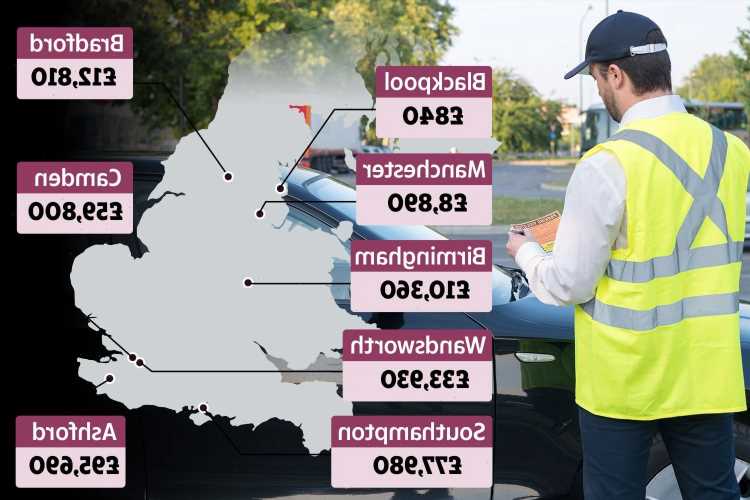Coronavirus booster vaccine rollout 'extremely slow' says King
We use your sign-up to provide content in ways you’ve consented to and to improve our understanding of you. This may include adverts from us and 3rd parties based on our understanding. You can unsubscribe at any time. More info
British-based company Synairgen has announced its inhaled Covid treatment called “SNG001” will progress to phase 3 after being highlighted as one of the most promising COVID-19 treatments. SNG001 is a groundbreaking formulation for inhalation containing the broad-spectrum anti-viral protein interferon beta, which can be used for the treatment of severe viral lung infections. The drug is progressing to phase III as part of the ACTIV-2 study which is a US government-funded study into potential COVID-19 outpatient treatments.
Phillip Monk, Chief Scientific Officer of Synairgen, explained: “Interferon beta is a naturally-occurring protein, which orchestrates the body’s antiviral responses.
“Coronavirus suppresses IFN-beta production to compromise the immune system; the aim of delivering SNG001 directly into the lungs is to restore or boost natural antiviral defences to prevent the virus from causing severe lower respiratory tract illness.
“Unfortunately, despite vaccination programmes and early interventions, thousands of patients are still hospitalised every day due to COVID-19-induced breathing difficulties.
“Data to date suggests SNG001 is well tolerated with a favourable safety profile and there is growing evidence to support the rationale for delivering IFN-beta directly into the lungs to counter the effects of Coronavirus.”
The company’s shares soared by 12 percent this morning after the progress was announced.


The breakthrough comes amid rising Covid cases in the UK.
The seven day average for cases is standing at a grizzly 44,145 cases per day – the highest level for almost three months.
Meanwhile, deaths have spiked to their highest daily level since early March, with 223 recorded on Tuesday.
If successful, Synairgen’s SNG001 will be the first host-targeted, broad-spectrum antiviral treatment delivered directly into the lungs.
In tandem, Synairgen is working on its own Phase III studies for SNG001
which is to be focused on patients in a hospital setting, the results of which are expected to be released early next year.
In a Phase II trial in hospitalised COVID-19 patients, SNG001 demonstrated more than twice the chance of recovering to ‘no limitation of activities’ versus the placebo.
Richard Marsden, CEO of Synairgen, said: “The advancement of SNG001 from Phase 2 to Phase 3 of the large ACTIV-2 trial is very welcome news and continues to build the case that our formulation of inhaled IFN-beta may have an important role in combatting COVID-19 and future emerging virus threats.
“In addition to the ACTIV-2 trial, our own Phase III SPRINTER study assessing SNG001 in hospitalised COVID-19 patients, is also progressing well and we expect top-line results in early 2022.”
The new treatment will be celebrated by scientists who have suggested vaccines’ protection gradually wanes over time.
Britain’s vaccination program got off to a quick start, with jabs given to the elderly and vulnerable from December 2020, and so far almost 80 percent of eligible people have received two doses.


The early start means millions of people have been vaccinated for more than six months, which means their immunity may be declining.
Millions of people in Britain are being offered booster shots, but critics say the program is moving too slowly, at about 180,000 doses a day.
More than half of the people eligible for a booster dose haven’t yet received one.
Matthew Taylor, chief executive of the NHS Confederation, issued a stark warning to the Government urging them to introduce new measures to combat the spread of the virus.
He said: “It is time for the Government to enact Plan B of its strategy without delay because without pre-emptive action, we risk stumbling into a winter crisis.
“Also, health leaders need to understand what a ‘Plan C’ would entail if these measures are insufficient.
“The Government should not wait for Covid infections to rocket and for NHS pressures to be sky high before the panic alarm is sounded.”
Mr Taylor added that if the Government “fails to get a grip” on rising coronavirus cases, the nation’s recovery from the pandemic could be “put at risk”
Downing Street insisted it was keeping a “very close eye” on rising case rates, but added the Prime Minister has “absolutely no plan to introduce Plan B”.
Source: Read Full Article


